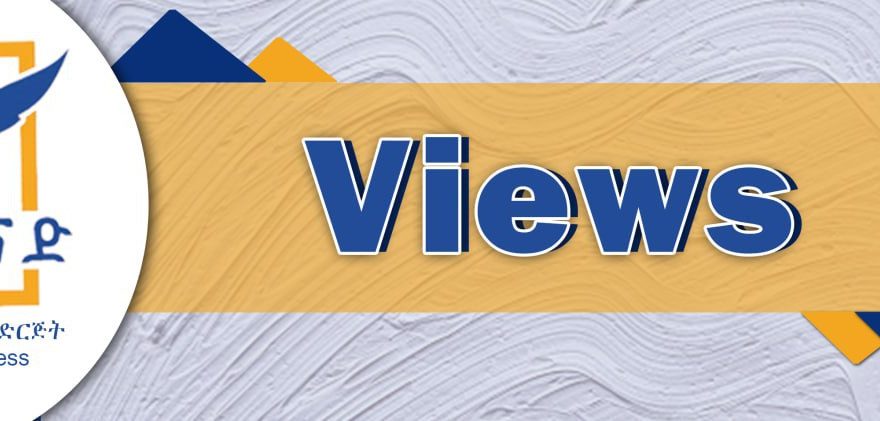
Democracy is the most used but abused term in the Ethiopian political lexicon. Shoeshine boys, cobblers, students and persons of creative arts as well as high placed politicians understand and interpret democracy not from its own essence but based on what they think it should be and what they could get out of it.
In relatively modern history of Ethiopia, with the exception to the ruler and elect of God! of the imperial regime, the preceding two regimes of The People’s Democratic Republic of Ethiopia and the Federal Democratic Republic Ethiopia, spiced the name of their government and their polices with the term democracy. Democracy is mentioned in the FDRE constitution more than 20 times while 14 articles or 13% of the entire constitution was devoted to democratic rights.
Both in general and in the context of the Ethiopian constitution, democracy is mentioned and is provided as a totality of rights and is not limited to some specific rights relating only to political rights as provisions of human rights could also be considered as democratic rights, in my opinion.
Democracy cannot be promoted by voicing outright insults and unfounded allegations on any nation, ethnic group or peoples simply because one hates this or that nation and is disenchanted with a certain government official or a political party. The constitution or any general conception of democracy cannot be quoted for a political fanfare of individuals with distorted and disgruntled views that would do a disservice to the unity of the peoples of this country.
Democracy implies individual and collective freedom in the context of the united actions of peoples of Ethiopia. It is not a liaise faire propagation of disruptive ideas. We need to understand democracy in a collectivist pattern of thinking in which individual rights are also respected.
It is to be recalled that under rapid escalation of the COVID-19 virus over the past two couple of years, in which a number of legal and democratic rights were restricted for the benefit of the public. This has nothing to do with politics but to uphold the democratic rights of citizens as provided in article 36 of the constitution.
The real essence of democracy rests upon upholding human rights and .strict adherence to the rule of law as well as accepting accountability for any illegal action on the part of citizens.
For instance, when the government issues a proclamation on the state of emergency, citizens are legally obliged to abide to the provisions of the proclamation to help save their life and that of fellow citizens. This cannot be taken as restriction on democracy.
Some think that the government is the only custodian of democracy that can issue democratic rights or lock them down at its whims and desires but the government is only a vital element of our political system while the other elements of the system including political parties, civil society organizations, professional associations have their own stake in building democracy in Ethiopia. The legislature issues laws to safeguard the rights of citizens and for ensuring the rule of law and good governance.
Democracy prevails through mutual respect at all levels and acting in accordance to social values cherished by the entire society. Democracy demands rising above differences in civil life. Ascertaining the proper balanced relation between federalism and democracy through the mutual complementarity of both will help to enhance democracy to its highest level. Both federalism and democracy can never be divisive but both are super structural prerequisites for promoting viable economic basis for national development.
Democracy is closely linked to the fulfillment of both economic and social obligations by the government and the public. This is a major prerequisite for democracy because no democracy can prevail under the conditions of abject poverty and destitution. Democracy is intrinsically bent upon the fulfillment of basic needs of citizens and not only on their political rights of electing their representatives for legislative posts.
Democracy is not granted but it is recognized by the prevailing political system.
Almost all political parties profess about democracy but almost none are engaged in educating the public on the fundamentals of democracy. We hear of much of their views only during election season. The parties fail to engage in public education by coming up with a number of excuses that do not hold water.
The Ethiopian mass media seems to lack any meaningful information on how the public can have a broader view of democracy but they are always busy with issues that are forwarded by the government. Sometimes it is difficult to distinguish between their journalistic activities from public relations information they disseminate. There are very few CSOs that work on public legal education but the parties, as stated above try to act only on election seasons.
Editor’s Note: The views entertained in this article do not necessarily reflect the stance of The Ethiopian Herald
BY SOLOMON DIBABA
THE ETHIOPIAN HERALD THURSDAY 15 MAY 2025




